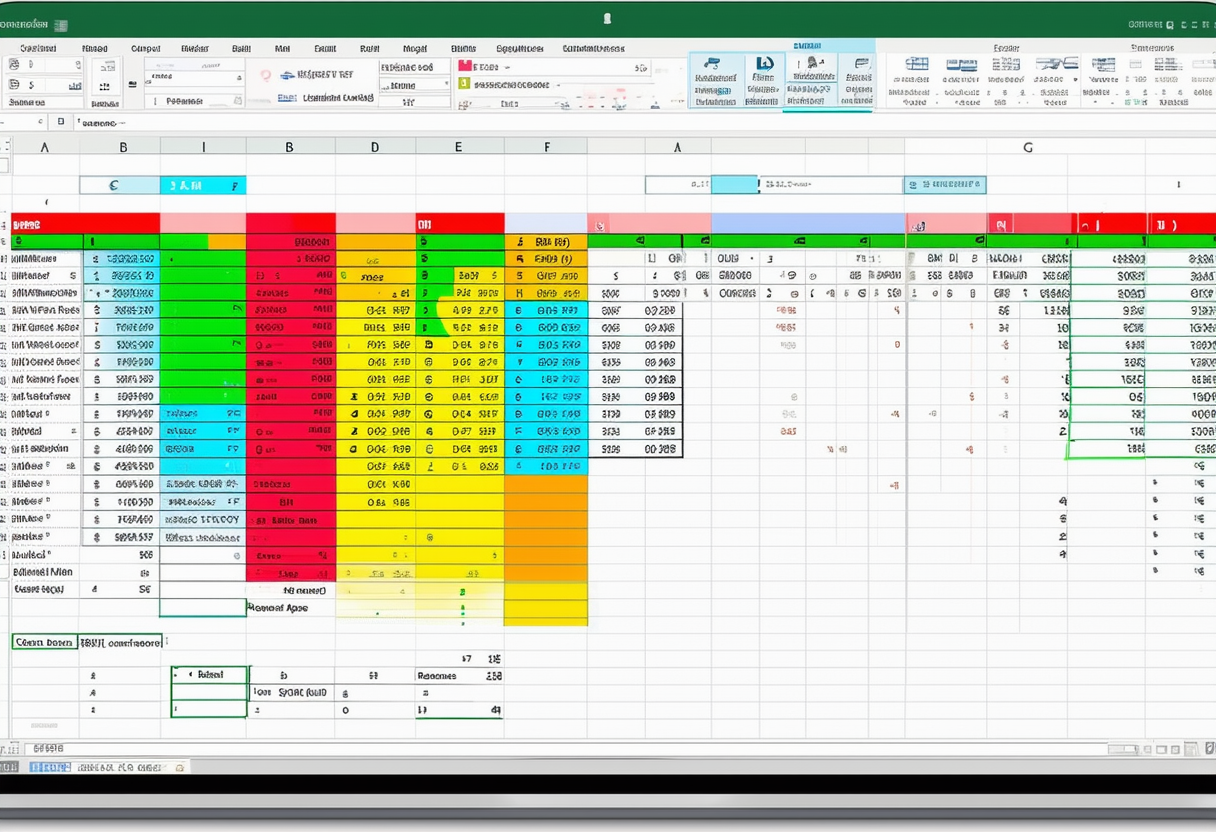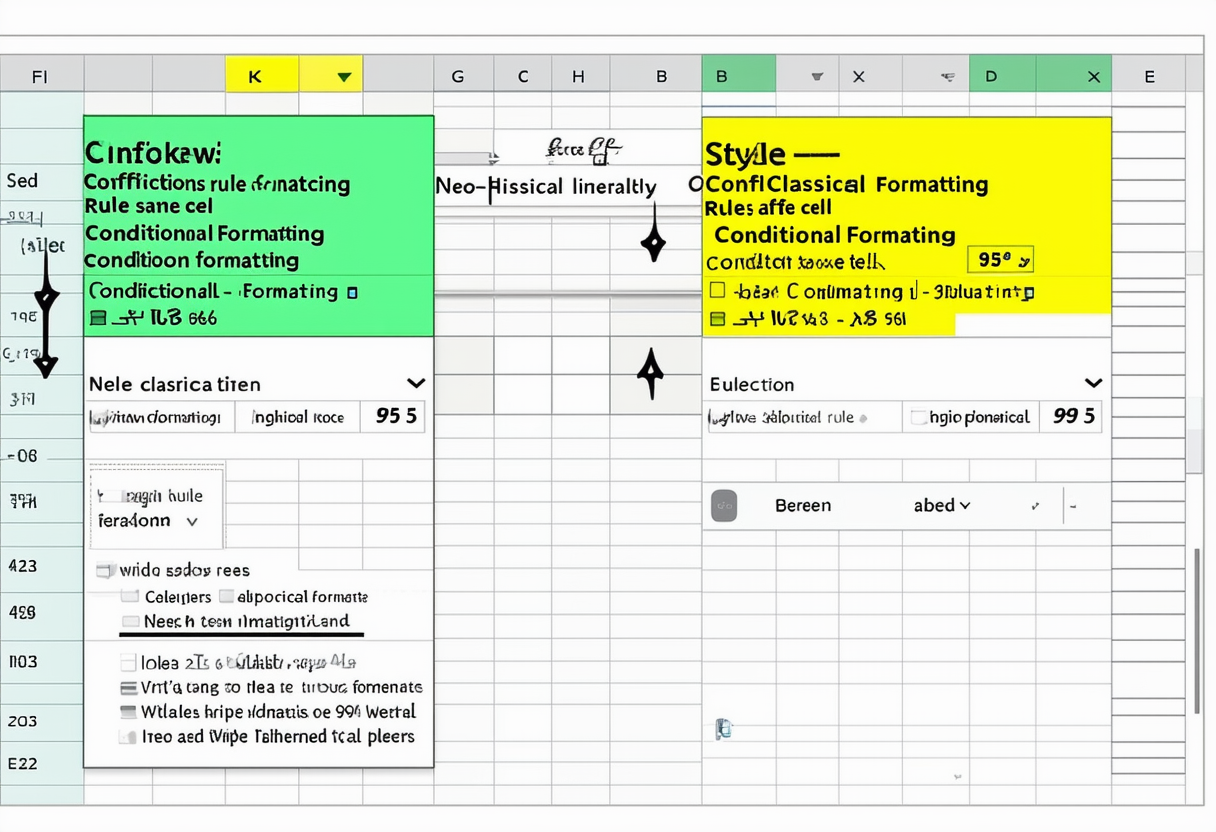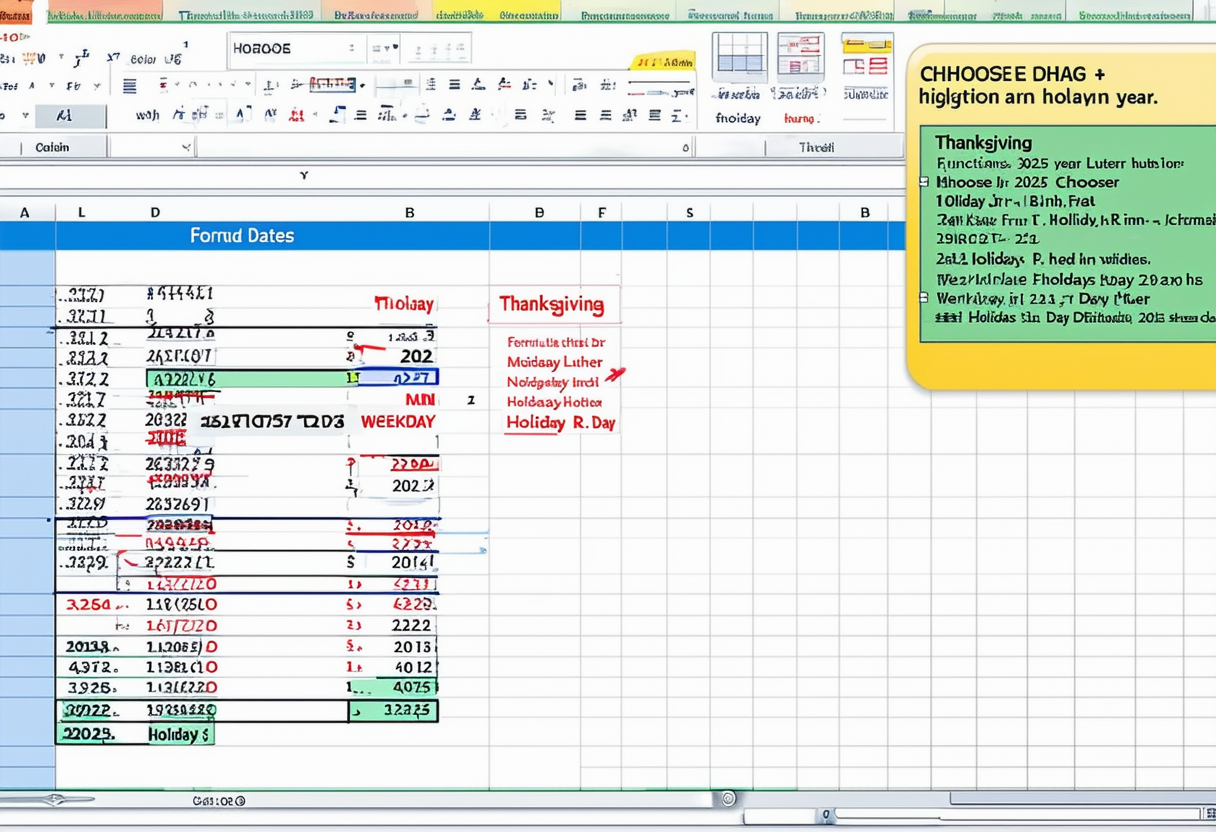Table of Contents
Regular expressions, often abbreviated as REGEX, are a powerful tool used in computing for matching, searching, and manipulating strings of text. One of the most important components of regular expressions are quantifiers. Quantifiers in REGEX dictate how many instances of a particular character, group, or character class must be present in the input for a match to be found.
Understanding quantifiers is crucial to effectively using REGEX. They allow for flexibility in pattern matching, enabling the user to specify the exact number of occurrences, a range of occurrences, or a minimum number of occurrences of a pattern that should be matched. This article will provide a comprehensive explanation of REGEX quantifiers, their syntax, and their usage.
Types of Quantifiers
There are three main types of quantifiers in REGEX: greedy, lazy, and possessive. Each type of quantifier behaves differently when matching patterns in a string, and understanding these differences is key to using REGEX effectively.
Greedy quantifiers, as their name suggests, try to match as much of the input string as possible. Lazy quantifiers, on the other hand, match as little of the input string as possible. Possessive quantifiers are a type of greedy quantifier that, once they have matched a part of the string, do not give up that match, even if doing so would allow the overall pattern to match.
Greedy Quantifiers
Greedy quantifiers are the default type of quantifier in REGEX. They attempt to match as much of the input string as possible. For example, the pattern a* will match as many consecutive ‘a’ characters as possible in the input string.
There are four main greedy quantifiers: *, +, ?, and {n,m}. The * quantifier matches zero or more occurrences of the preceding element. The + quantifier matches one or more occurrences. The ? quantifier matches zero or one occurrence. The {n,m} quantifier matches between n and m occurrences, inclusive.
Lazy Quantifiers
Lazy quantifiers, also known as reluctant or non-greedy quantifiers, attempt to match as little of the input string as possible. They are denoted by appending a ? to the greedy quantifier. For example, the pattern a*? will match as few consecutive ‘a’ characters as possible.
The four main lazy quantifiers are *?, +?, ??, and {n,m}?. The *? quantifier matches zero or more occurrences of the preceding element, but as few as possible. The +? quantifier matches one or more occurrences, but as few as possible. The ?? quantifier matches zero or one occurrence, but prefers zero if possible. The {n,m}? quantifier matches between n and m occurrences, inclusive, but as few as possible.
Possessive Quantifiers
Possessive quantifiers are a type of greedy quantifier that, once they have matched a part of the string, do not give up that match, even if doing so would allow the overall pattern to match. They are denoted by appending a + to the greedy quantifier. For example, the pattern a*+ will match as many consecutive ‘a’ characters as possible and will not give up any of these matches.
The four main possessive quantifiers are *+, ++, ?+, and {n,m}+. The *+ quantifier matches zero or more occurrences of the preceding element and does not give up any matches. The ++ quantifier matches one or more occurrences and does not give up any matches. The ?+ quantifier matches zero or one occurrence and does not give up the match if it exists. The {n,m}+ quantifier matches between n and m occurrences, inclusive, and does not give up any matches.
Using Quantifiers in REGEX
Quantifiers can be used in REGEX to match a variety of patterns in an input string. They can be used with individual characters, character classes, and groups. This section will provide examples of how to use each type of quantifier in REGEX.
It’s important to note that the order of precedence in REGEX is from left to right. This means that the REGEX engine will first try to match the pattern at the start of the string, and if it can’t find a match, it will move to the next character in the string and try again. This process continues until a match is found or the end of the string is reached.
Using Greedy Quantifiers
Let’s start with an example using greedy quantifiers. Suppose we have the input string "aaaab" and we want to match as many ‘a’ characters as possible. We can use the * greedy quantifier to do this. The REGEX pattern a* will match four ‘a’ characters.
Now suppose we want to match one or more ‘a’ characters. We can use the + greedy quantifier to do this. The REGEX pattern a+ will also match four ‘a’ characters in the input string "aaaab".
Using Lazy Quantifiers
Now let’s look at an example using lazy quantifiers. Suppose we have the input string "aaaab" and we want to match as few ‘a’ characters as possible. We can use the *? lazy quantifier to do this. The REGEX pattern a*? will match zero ‘a’ characters, because it matches as few as possible.
If we want to match one or more ‘a’ characters, but as few as possible, we can use the +? lazy quantifier. The REGEX pattern a+? will match one ‘a’ character in the input string "aaaab".
Using Possessive Quantifiers
Finally, let’s look at an example using possessive quantifiers. Suppose we have the input string "aaaab" and we want to match as many ‘a’ characters as possible, but we don’t want to give up any matches. We can use the *+ possessive quantifier to do this. The REGEX pattern a*+ will match four ‘a’ characters.
If we want to match one or more ‘a’ characters, but we don’t want to give up any matches, we can use the ++ possessive quantifier. The REGEX pattern a++ will also match four ‘a’ characters in the input string "aaaab".
Common Mistakes and Pitfalls
While quantifiers are a powerful tool in REGEX, they can also be a source of confusion and errors if not used correctly. This section will highlight some common mistakes and pitfalls to avoid when using quantifiers in REGEX.
One common mistake is not understanding the difference between greedy, lazy, and possessive quantifiers. As explained earlier, greedy quantifiers match as much of the input string as possible, lazy quantifiers match as little as possible, and possessive quantifiers do not give up matches. Misunderstanding these differences can lead to unexpected results.
Misusing Greedy Quantifiers
One common pitfall when using greedy quantifiers is assuming that they will always match the longest possible string. While it’s true that greedy quantifiers try to match as much of the input string as possible, they will not necessarily match the longest possible string. This is because the REGEX engine uses a left-to-right order of precedence, so it will stop at the first match it finds, even if a longer match exists later in the string.
For example, consider the input string "aaabaaa" and the REGEX pattern a*. The pattern will match the first three ‘a’ characters, not the longest string of ‘a’ characters, which is four ‘a’ characters long.
Misusing Lazy Quantifiers
Another common pitfall is misusing lazy quantifiers. Because lazy quantifiers match as little of the input string as possible, they can sometimes result in no match at all, even when a match exists. This is because the lazy quantifier will stop at the first match it finds, even if that match is zero characters long.
For example, consider the input string "aaabaaa" and the REGEX pattern a*?. The pattern will match zero ‘a’ characters, even though there are seven ‘a’ characters in the string.
Misusing Possessive Quantifiers
A final common pitfall is misusing possessive quantifiers. Because possessive quantifiers do not give up matches, they can sometimes prevent the overall pattern from matching. This can occur when the part of the string matched by the possessive quantifier is needed for a later part of the pattern to match.
For example, consider the input string "aaabaaa" and the REGEX pattern a*+b. The pattern will not match, even though the string contains a sequence of ‘a’ characters followed by a ‘b’. This is because the a*+ possessive quantifier matches all the ‘a’ characters and does not give up any of them, leaving no ‘a’ character for the ‘b’ to follow.
Conclusion
Quantifiers are a powerful tool in REGEX that allow for flexible pattern matching. By understanding the differences between greedy, lazy, and possessive quantifiers, and by being aware of common mistakes and pitfalls, you can use quantifiers effectively to match, search, and manipulate strings of text.
Remember, practice is key when it comes to mastering REGEX. Don’t be afraid to experiment with different patterns and quantifiers, and always test your REGEX patterns to ensure they’re working as expected. Happy regexing!











